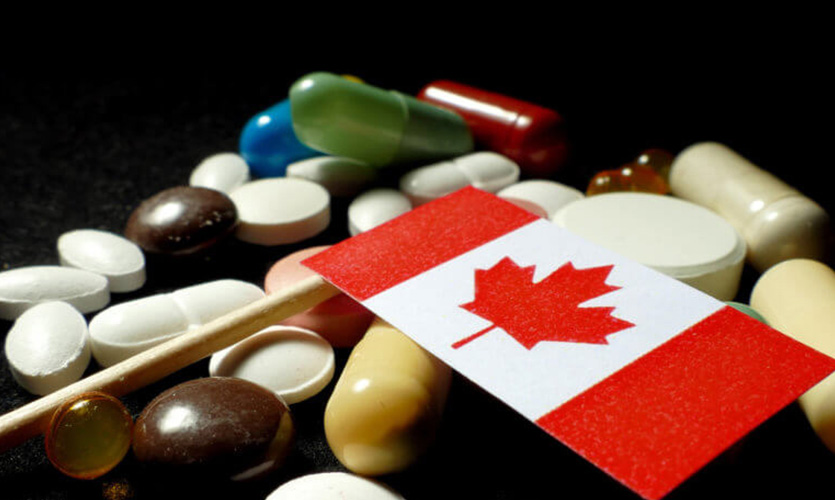- Trisha Humayun
- January 28, 2021
In a major expose in December, several Indian brands of packaged honey failed adulteration tests. Researchers found 77 per cent samples adulterated with sugar syrup. Only five samples passed the test out of 22; including Markfed Sohna, Nature’s Nectar and Saffola.
Honey manufacturers need to comply with 18 norms in order to sell their product as pure honey. When the Centre for Science and Environment (CSE) tested on 13 brands of honey including Dabur, Zandu, Patanjali, Saffola, Baidyanath, Nature’s Nectar and Markfed Sohna failed the Nuclear Magnetic Resonance (NMR) Test, which is the global standard for honey. It proves the purity of substances on a molecular level.
While passing NMR testing is not a provision by law for selling honey in India, the amount of adulteration is impossible to ignore. However NMR tests are mandatory in India for honey that is meant for export as of August 1, 2020.
Dabur has rejected the test’s findings claiming its honey has passed NMR tests. Emami spokesperson too said that its Zandu Pure Honey “conforms and adheres” to all the protocols and quality standards laid down by the Government of India and its authorised entities such as FSSAI. It did not make any comment on the NMR test..
Most of our honey comes mixed with sugar syrup, which is formulated in such a way so as to pass the regulatory tests without it being detected. In a nutshell, we’re consuming 50 per cent pure sugar. Sugar syrup costs just Rs 60 per kg, about half the price of raw honey at Rs 120 per kg which makes adulteration lucrative.
“It is a food fraud more nefarious and sophisticated than what we found in our 2003 and 2006 investigations into soft drinks; more damaging to our health than perhaps anything that we have found till now – keeping in mind the fact that we are still fighting against a killer COVID-19 pandemic with our backs to the wall. This overuse of sugar in our diet will make it worse,” said Centre for Science and Environment (CSE) director general Sunita Narain to Business Today.
Adulteration in honey would do us no good and most of its benefits are lost due the same. However, Dr. Surabhi Jain, dietetics and public health nutritionist points us to coconut water as an alternative. Not only is coconut water easily available and affordable in Indian markets, but it’s loaded with nutrients and can be obtained fresh from the fruit, cutting out any possibility of adulteration. It’s also high in calcium, potassium, magnesium, amino acid, antioxidants and low in calories, it helps reduce fat, lower cholesterol and blood pressure, strengthen bones and muscles and revitalises the skin.
Another substitute are dates, which are loaded with manganese, flavonoids, copper, vitamin B12 and fibre; and help improve the digestive system, strengthen the immunity, promote brain health, stimulate natural labour and help reduce blood sugar levels.
Maple syrup is yet another option which offers high levels of antioxidants, amino acids, riboflavin and zinc which improves the skin, hair health and boosts the immune system.










